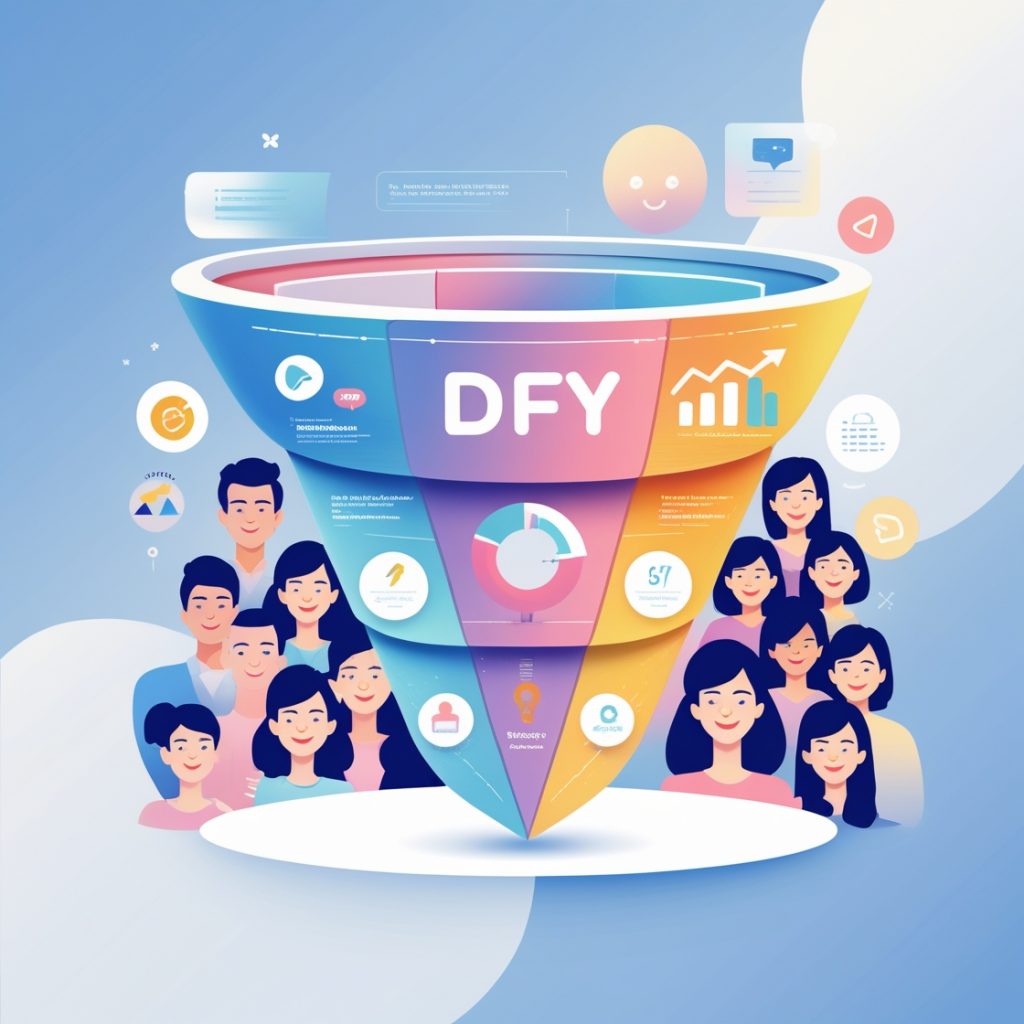
Image via Freepik
Transitioning from military service back into civilian life isn’t just about finding a new job. For many veterans, it’s about rediscovering a sense of purpose. That drive to serve, to build something bigger than yourself, doesn’t go away when the uniform comes off. In fact, it often becomes the spark behind a new mission—starting a business. But unlike other entrepreneurs, veterans bring something else to the table: discipline, grit, adaptability, and a knack for getting the job done. So if you’re a veteran ready to build something from your kitchen table, your garage, or that extra room you’ve been meaning to convert, there’s a solid network out there to help you do it.
Tapping into Veteran Business Grants and Seed Funding
First things first: you’ll need some capital to get going. Thankfully, there are dedicated grants and funding programs tailored specifically for veterans. The U.S. Small Business Administration (SBA) offers resources like the Veteran-Owned Small Business Program and the Service-Disabled Veteran-Owned Small Business Program, both of which open doors to federal contracts and low-interest loans. Then you’ve got non-profit organizations like StreetShares Foundation, which runs grant competitions for veterans with big ideas. The beauty of these funding options is that they’re not just money drops—they come with mentorship, community, and accountability. That means you’re not just handed a check and left to sink or swim; you’re invited into an ecosystem that wants you to thrive.
Sharpening Your Edge Through Education
Sometimes the best investment in your business isn’t a new tool or hire—it’s you. Going back to school can help you refine the skills that give your business long-term momentum, especially in areas like branding, customer acquisition, and digital marketing. A master’s in business administration equips you with skills in leadership, strategic planning, financial management, and data-driven decision-making to excel in diverse business environments. An MBA degree program can also be completed online, making it easier to balance school and entrepreneurship without losing your rhythm.
Getting Free Business Training That Doesn’t Waste Your Time
You’ve done boot camp. You’ve handled chaos with a calm mind. You shouldn’t have to wade through dry, generic business webinars. That’s where the Boots to Business program stands out. Run by the SBA, it’s a free, two-step training course that walks transitioning service members and veterans through the fundamentals of entrepreneurship. What sets it apart is its real-world approach—no sugarcoated sales tactics, no empty buzzwords. If you’re looking for something more intensive, organizations like Veteran Women Igniting the Spirit of Entrepreneurship (V-WISE) offer deeper dives and more tailored advice, especially for female veterans ready to carve their own niche.
Leveraging Online Mentorship and Peer Networks
Let’s be honest: trying to start a business solo, even from the comfort of home, can feel like shouting into a void. You need people. You need advice from someone who’s been where you are. That’s where SCORE, a nonprofit that pairs entrepreneurs with volunteer business mentors, comes in. They’ve got a whole arm devoted to veterans, and it’s completely free. You can jump into virtual workshops, schedule one-on-one sessions, or connect with someone who understands not just business—but the military mindset. Peer groups like Bunker Labs also bring together veteran entrepreneurs across the country to share insights, contacts, and moral support. It’s not just about networking—it’s about having a squad again.
Maximizing Tax Breaks and Certifications for Veteran-Owned Businesses
Home-based businesses might be small in footprint, but they come with perks—especially if you know where to look. As a veteran business owner, you may qualify for state and federal tax benefits, including deductions for home office expenses, equipment, and vehicle use. More importantly, by registering as a Veteran-Owned Small Business (VOSB) or Service-Disabled Veteran-Owned Small Business (SDVOSB), you gain access to government contracting opportunities that are specifically set aside for you. These certifications also boost credibility with clients and customers who value veteran-led initiatives. And when every dollar and every edge counts, that’s more than just a nice title—it’s a strategic advantage.
Turning Skills from the Military into Marketable Services
You don’t have to reinvent the wheel. In fact, the best business ideas often come from what you already know. Logistics? That’s supply chain consulting. Tech troubleshooting? That’s IT support. Strategic planning? That’s business coaching. The military gave you a toolkit—now it’s just about repurposing it for a new kind of mission. Plenty of successful veteran entrepreneurs start by identifying a skill they mastered in service, then adapting it to fill a civilian need. And when you frame your business around real competence instead of trend-chasing, customers notice.
Building a Brand from the Living Room Without Burning Out
Running a home-based business sounds ideal—no commute, no rent, all flexibility—but it also means boundaries get blurry fast. That’s why it’s crucial to treat your setup like a real business. Establish routines. Set working hours. Separate your workspace from your living space, even if it’s just a corner. And don’t forget branding. Tools like Canva, Squarespace, and Mailchimp let you create pro-level materials without needing a marketing degree. It’s about presenting your work with the same attention to detail and integrity you brought to every assignment in uniform. When you do that, people take you seriously—and your business becomes more than a side hustle.
Accessing Health, Legal, and Family Support Along the Way
No business thrives in a vacuum. And as a veteran, you’ve got access to a constellation of resources that go beyond just business advice. The VA offers mental health services, counseling, and support for family members—which can be critical when you’re juggling entrepreneurship with life’s other demands. Legal clinics, many of them volunteer-based, help you with contracts, taxes, and zoning laws, especially for home-run businesses. And community-based veteran organizations often offer child care, financial planning, and emergency assistance that can keep your foundation strong when things get shaky. It’s not a weakness to lean on these—it’s strategy.
Starting a business from your kitchen table or home office might feel like a leap—but you’ve already made bigger jumps. You’ve navigated pressure, unpredictability, and responsibility in ways most people will never understand. The difference now? You don’t have to do it alone. Whether you’re selling handmade goods, running a digital service, or building a consultancy from scratch, there are real, tested, and reliable resources waiting to help you move forward. The uniform may be hanging in the closet, but your next mission is just beginning—and this one’s got your name on it.
Unlock the secrets to successful remote work by visiting Discover How To Work From Home, and learn from experienced mentors who can guide you to legitimate opportunities.
Author: Lizzae Matteo, https://bizhelpzone.com/


